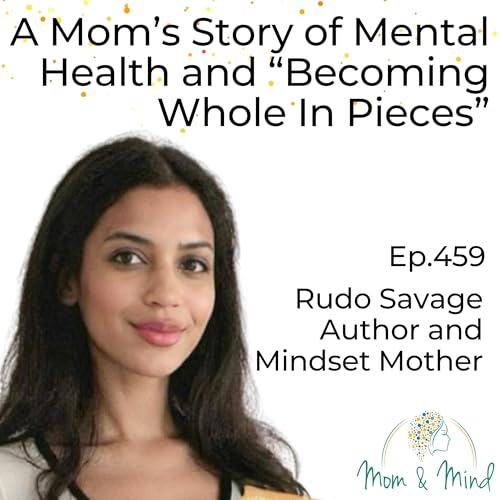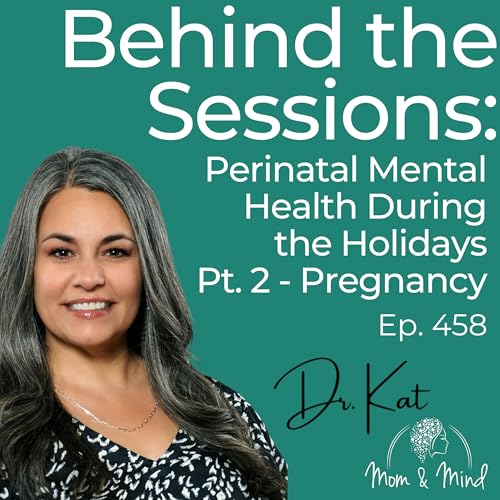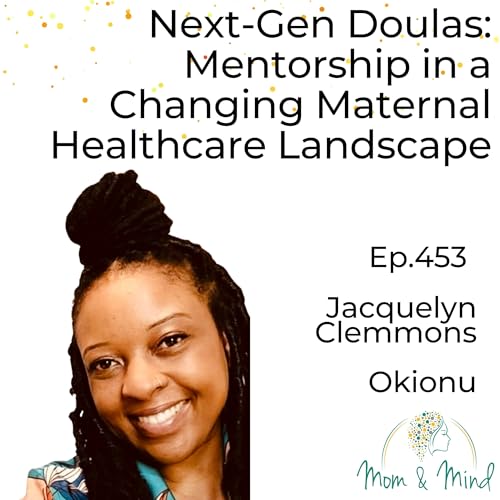The Blue Dot Project is an exciting program within PSI, and I’m thrilled for today’s guest to share it with us. We will learn about the project’s details and how you can get involved. The goal of the program is to provide the necessary resources and professionals for mothers and families during the perinatal period, so that everyone can access the support they need. Their brand-new initiative, The Blue Dot Safe Spot, is already helping people and saving lives—and it’s just getting started! Join us to learn more! Laura Killgore began her career in early childhood development, serving as a preschool teacher and curriculum director for 10 years. She has a passion for child development and parent education. She married her husband in 2016, and their daughter was born two years later. Following a traumatic birth and an emergency C-section, Laura experienced postpartum depression, anxiety, and OCD. A few months after her daughter’s birth, she had the opportunity to tap into her creative side as a social media manager and branding expert for 2020 Mom, now the Policy Center for Maternal Mental Health, Mom Congress, and The Blue Dot Project. As a longtime advocate, Laura has joined Mom Congress in Washington, DC, on multiple occasions to speak with legislators about her personal experiences and help pass several bills and acts to better support moms and families nationwide. In 2023, the Blue Dot Project transitioned to its new home within Postpartum Support International. Laura is now a full-time PSI employee focusing on the Blue Dot, growing the brand through awareness, and helping to end the stigma and shame surrounding perinatal mental health. In Laura’s free time, you can find her listening to or watching true crime podcasts or shows, camping with her family, and exploring her beautiful home state of Oregon. Show Highlights: Laura’s story of becoming a mom and beginning her involvement with The Blue Dot Project A traumatic birth, emergency C-section, and a fuzzy, detached feeling New family challenges when she and her husband both lost their jobs when their daughter was three weeks old A flurry of diagnoses that explained some of what Laura had experienced since childhood, even OCD and bipolar disorder Laura’s work with 2020 Mom while going through postpartum problems The beginnings and evolution of The Blue Dot Project The new iteration of The Blue Dot Project, The Blue Dot Safe Spot, which focuses on training support staff who interact with moms/families during the perinatal period The Blue Dot Safe Spot answers the “Now, what?” question for people who need more perinatal support. Laura’s vision for getting The Blue Dot Safe Spot in places everywhere How you can get involved (Email Laura at laurak@postpartum.net and visit https://www.thebluedotproject.org; click the link to join the Interest List for The Blue Dot Safe Spot. Resources: Connect with Laura Killgore and The Blue Dot Project: Website, Instagram, and Facebook. Call the National Maternal Mental Health Hotline at 1-833-TLC-MAMA or visitcdph.ca.gov. Please find resources in English and Spanish at Postpartum Support International, or by phone/text at 1-800-944-4773. There are many free resources, like online support groups, peer mentors, a specialist provider directory, and perinatal mental health training for therapists, physicians, nurses, doulas, and anyone who wants to be more supportive in offering services. You can also follow PSI on social media: Instagram, Facebook, and most other platforms. Visit www.postpartum.net/professionals/certificate-trainings/for information on the grief course. Visit my website, www.wellmindperinatal.com, for more information, resources, and courses you can take today! If you are a California resident seeking a therapist in perinatal mental health, please email me about openings for private pay clients. Learn more about your ad choices. Visit podcastchoices.com/adchoices
Voir plus
Voir moins
 38 min
38 min 42 min
42 min 46 min
46 min 36 min
36 min 50 min
50 min Nov 13 202525 min
Nov 13 202525 min 44 min
44 min

